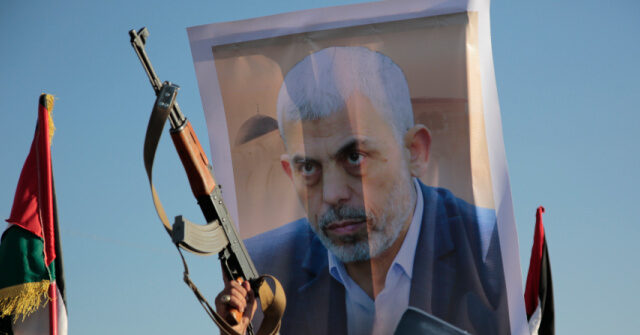In a recent segment on “CNN Newsroom,” Rep. Raja Krishnamoorthi (D-IL) emphasized the urgent need for Israeli Prime Minister Benjamin Netanyahu to show flexibility in negotiations with Hamas. He expressed the belief that a successful deal in Gaza could substantially influence Israel’s broader approach to related geopolitical issues, particularly its stance towards Iran. The discussion came in the context of ongoing tensions and the complex dynamics surrounding hostage negotiations, with Krishnamoorthi specifically pointing to the death of Hamas leader Yahya Sinwar as a significant factor that could alter the landscape of these talks.
Krishnamoorthi warned that Netanyahu’s inflexible demands could endanger the lives of hostages currently held by Hamas. He highlighted concerns that the Israeli leader’s insistence on certain conditions, such as maintaining a military presence along the Gaza-Egypt border, was inconsistent with the views of some of his own military advisors. The representative urged the need for a strategic shift from Netanyahu, suggesting that a reasonable compromise could facilitate progress in negotiations, ultimately prioritizing the hostages’ safety while allowing room for future actions if Hamas fails to meet agreed terms.
In his commentary, the Congressman outlined the critical need for an immediate ceasefire focused on securing the release of hostages. He advocated for significant humanitarian aid to flow into Gaza as a means to alleviate the suffering of civilians and to prevent an escalation of violence in the region, particularly in relation to the precarious situation in Lebanon. Krishnamoorthi’s call for humanitarian assistance reflects a broader concern about the humanitarian crisis and the implications of the conflict on regional stability.
The conversation sparked by Sciutto’s question draws attention to the intricate balancing act that Netanyahu must navigate as he responds to both national security concerns and international pressures. Krishnamoorthi’s perspective underscores the importance of considering the diplomatic fallout of continued rigid demands and the potential for building a more sustainable peace framework through compromise. He suggested that unless there is a willingness to engage in dialogue and to make concessions, the cycle of violence could continue unabated.
Rep. Krishnamoorthi’s insights speak to a growing recognition among political leaders that the complexities of the Israeli-Palestinian conflict necessitate a multifaceted approach. Emphasizing the interconnectedness of the various actors involved, he posited that the outcomes of negotiations with Hamas will likely inform Israel’s strategic considerations regarding its adversaries, notably Iran. This reflects an understanding that regional dynamics are influenced not only by direct confrontations but also by diplomatic engagements and humanitarian efforts.
As the situation evolves, Krishnamoorthi’s plea for a diplomatic approach intertwined with humanitarian considerations could serve as a framework for future U.S. foreign policy in the region. It highlights the need for American leaders to encourage cooperation and facilitate dialogue, rather than allowing entrenched positions to dictate the terms of engagement. The potential for a renewed focus on humanitarian aid and negotiation strategies points towards a path that seeks to de-escalate tensions while addressing the underlying issues that perpetuate the conflict, which could ultimately contribute to a more stable Middle East.

